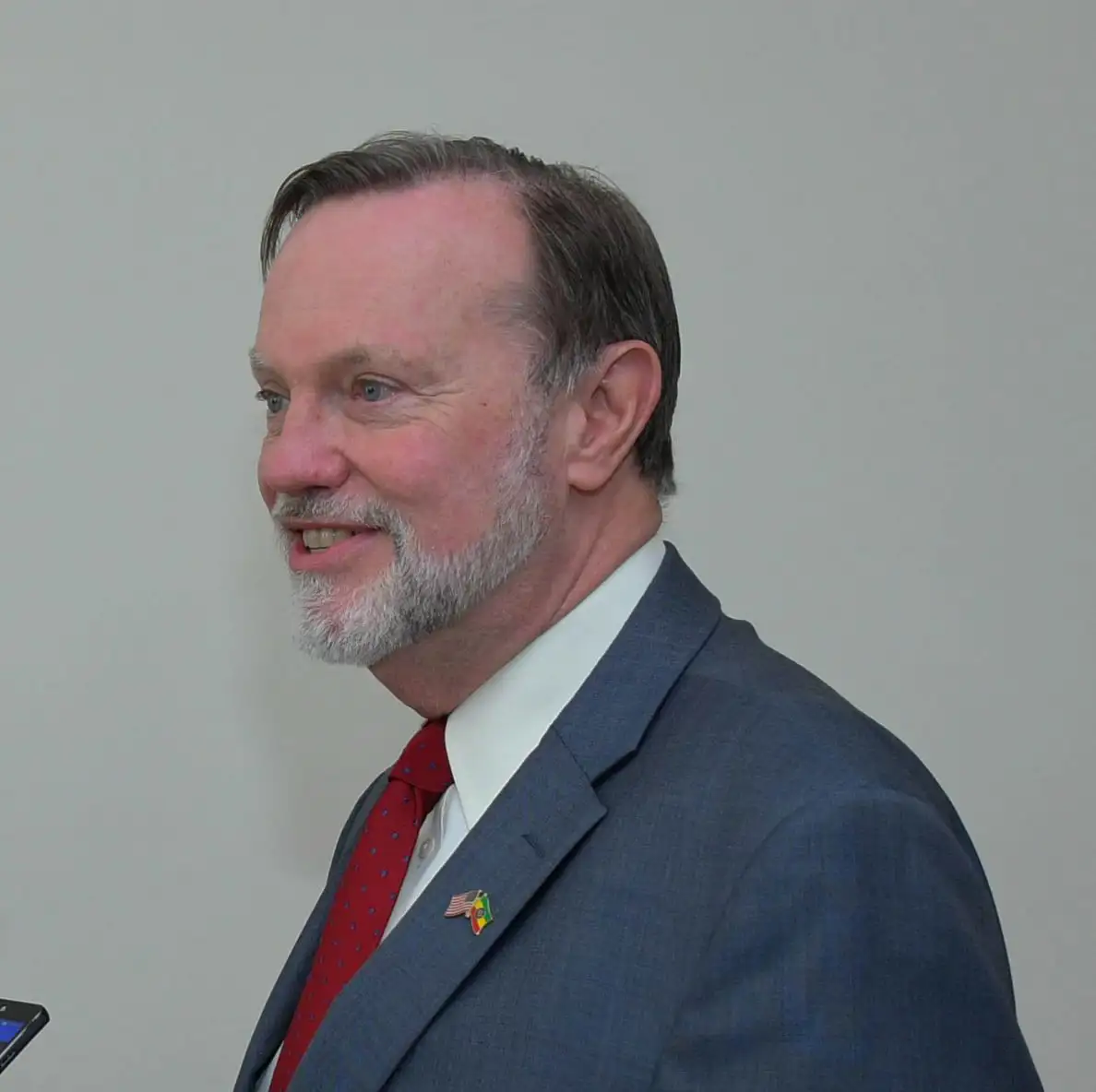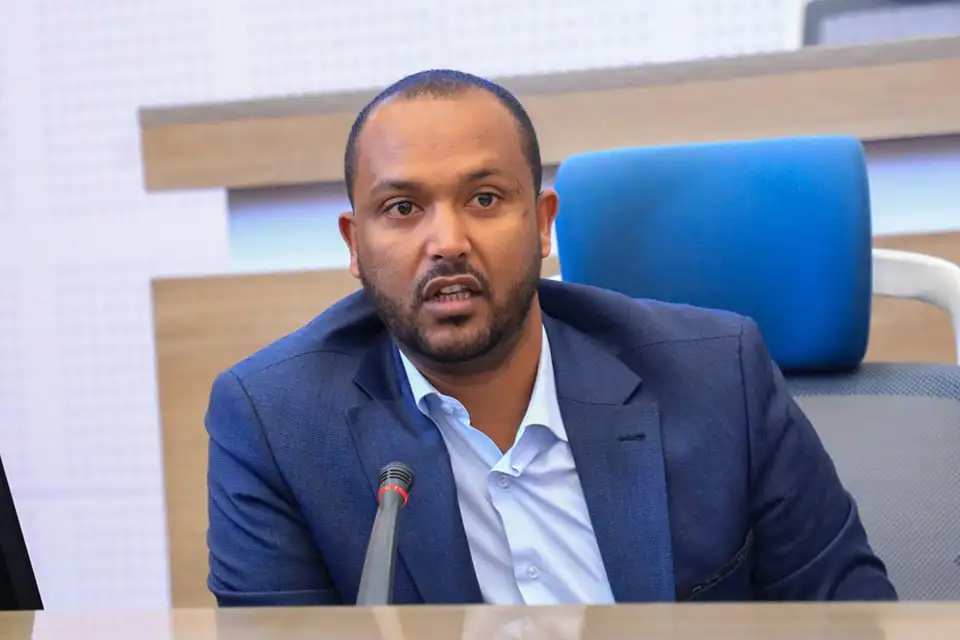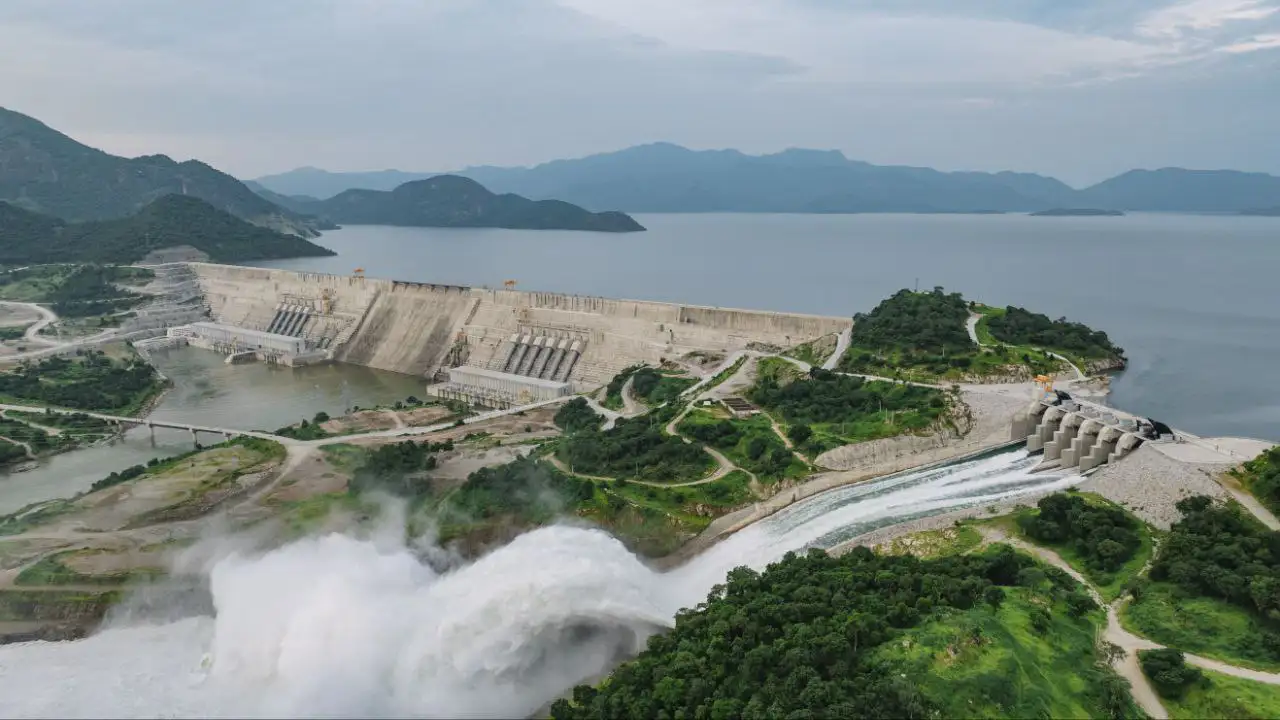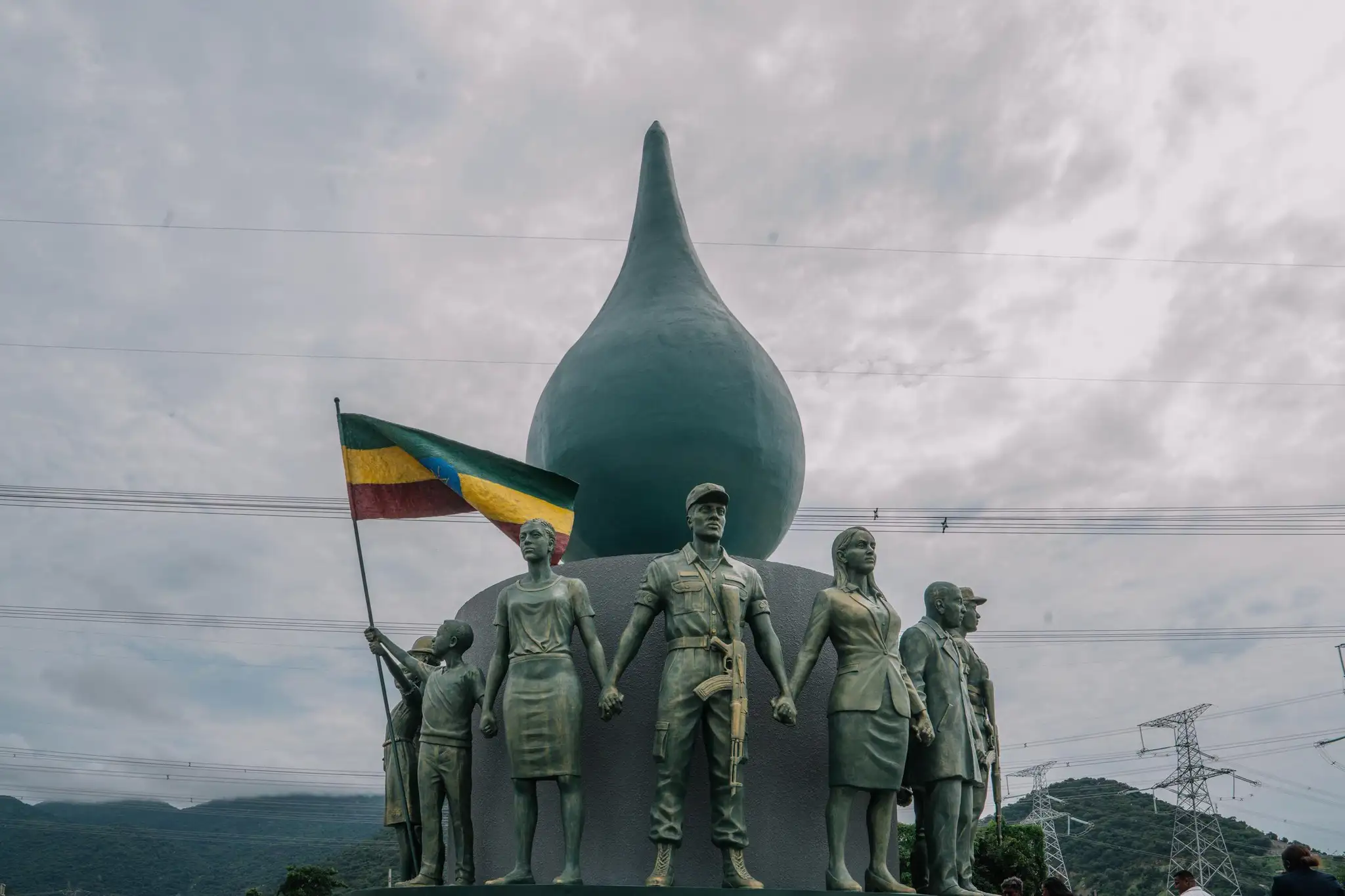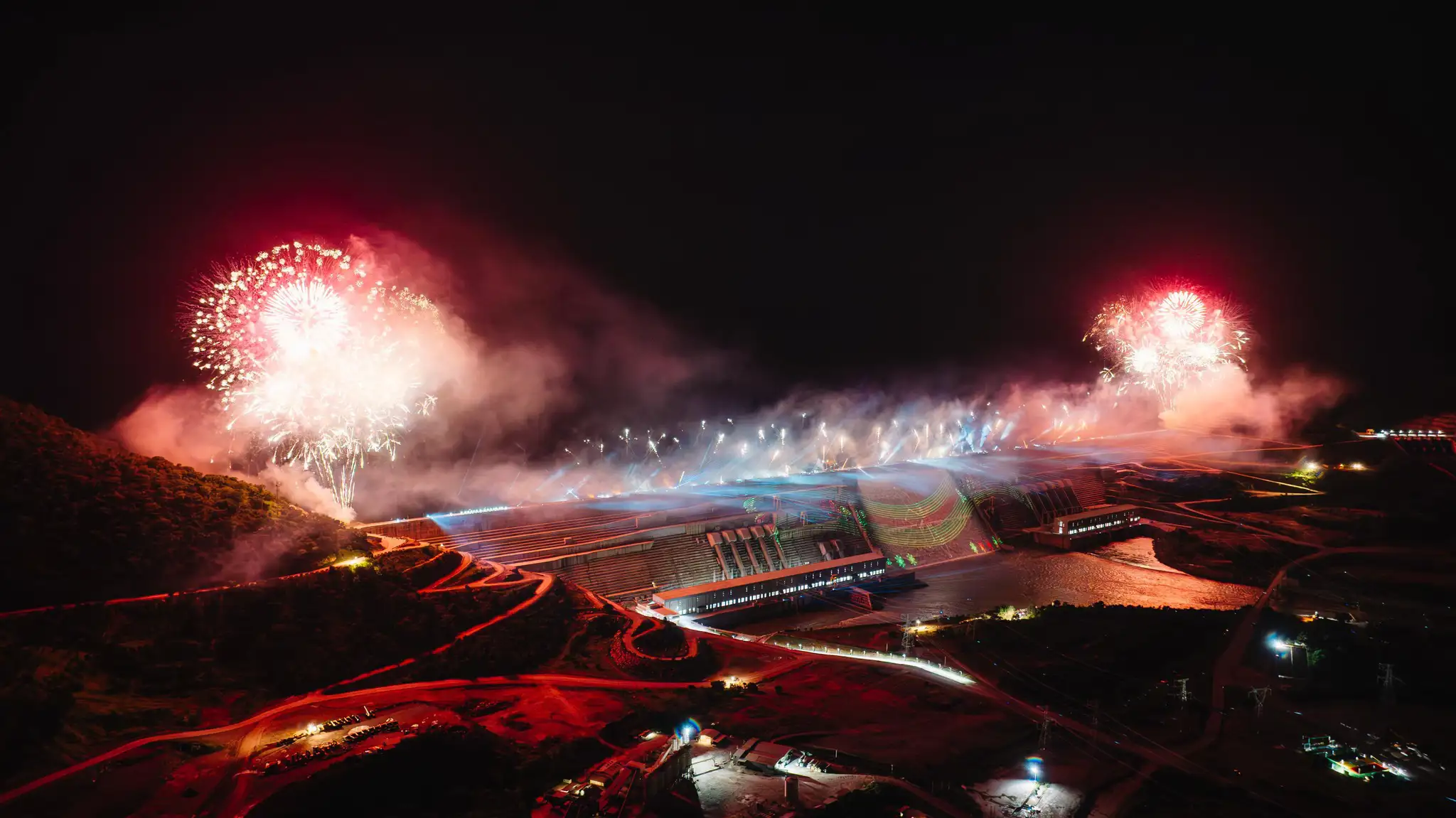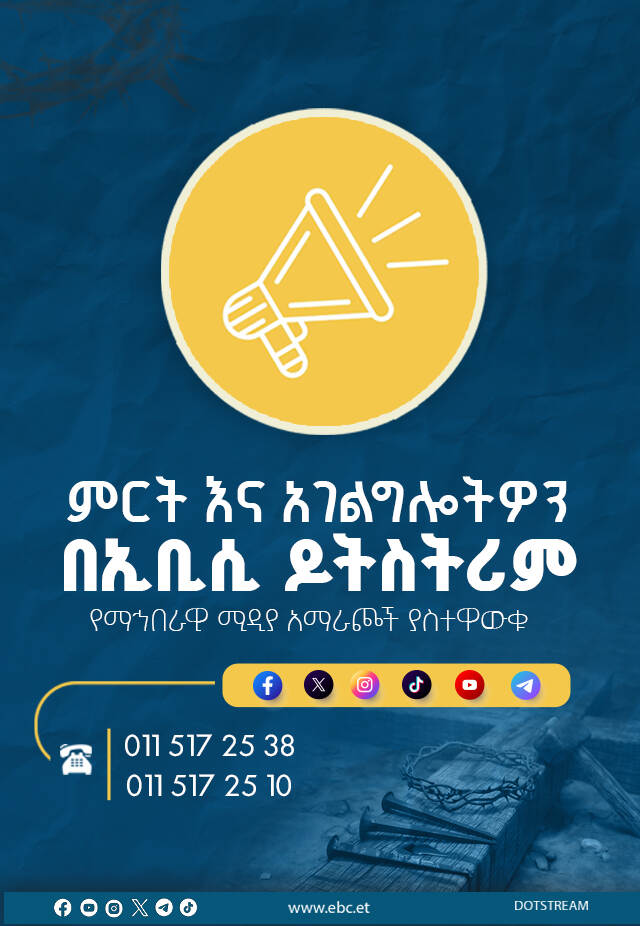Ethiopia's Grand Ethiopian Renaissance Dam (GERD) stands apart, fueled by national unity and destined to reshape the Abay's power dynamics, according to former US Ambassador to Ethiopia, Tibor Nagy. In a recent CNN interview, Nagy highlighted the dam's distinctive characteristic: it was built primarily through Ethiopian ingenuity and funding, a departure from reliance on foreign aid seen in similar mega-projects.
“The GERD is a huge success for Ethiopians," Nagy stated, emphasising that the project promises to double Ethiopia's electricity output, unlocking vast economic potential. He added that Ethiopia should utilise this opportunity in the best way possible.
Nagy then addressed the historical imbalance concerning the Abay's management. He stated that Egypt is being given the authority that they don't possess as, "Egypt has not contributed a single drop of water to the Abay River." Furthermore, he noted Egypt historically dominated decision-making processes concerning the river's resources, a practice he believes is now shifting.
The former ambassador pointed to the Abay Basin Cooperative Framework Agreement (CFA) as a pivotal development. He said, "The upper basin countries now have the right to decide on the Abay." While Egypt and Sudan remain opposed to the CFA, most upper Abay basin countries have embraced the framework, signifying a move toward a more equitable distribution of power.
"As a result, the old agreements have become ineffective in the same way, and the balance of power over the use of Abay water has essentially changed to equity," Nagy concluded. He recommends that all parties involved in the discussion over the Abay water should seek to form a peaceful resolution.
Nagy’s observations suggest a paradigm shift in Abay River governance, with Ethiopia's self-funded GERD acting as a catalyst for change.
